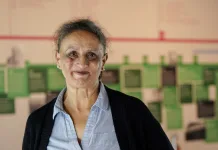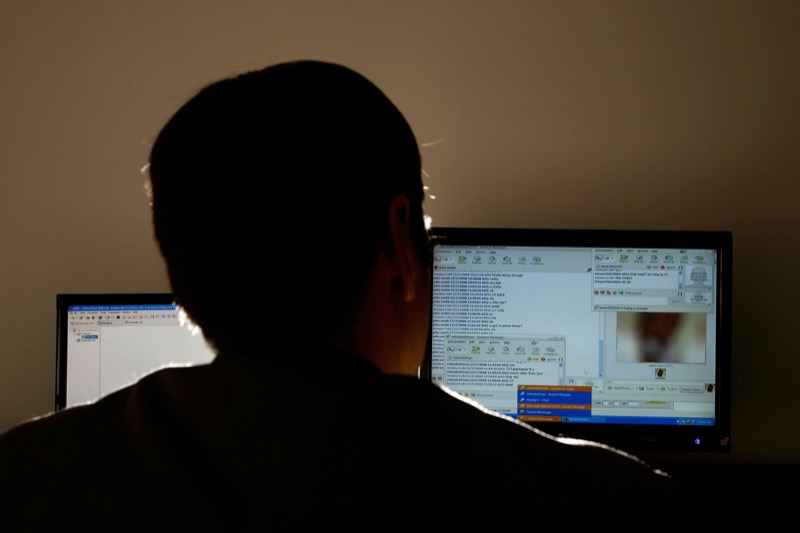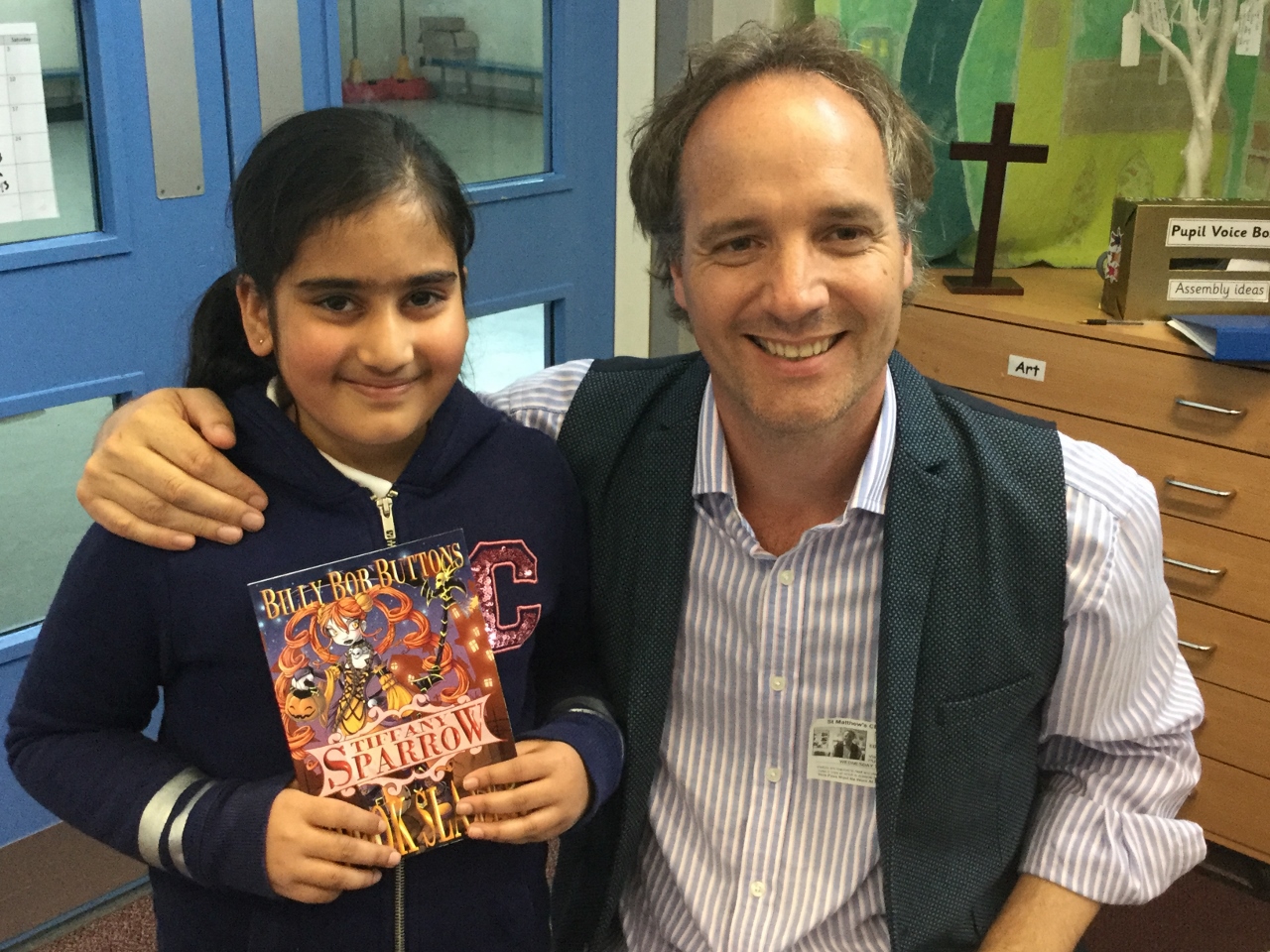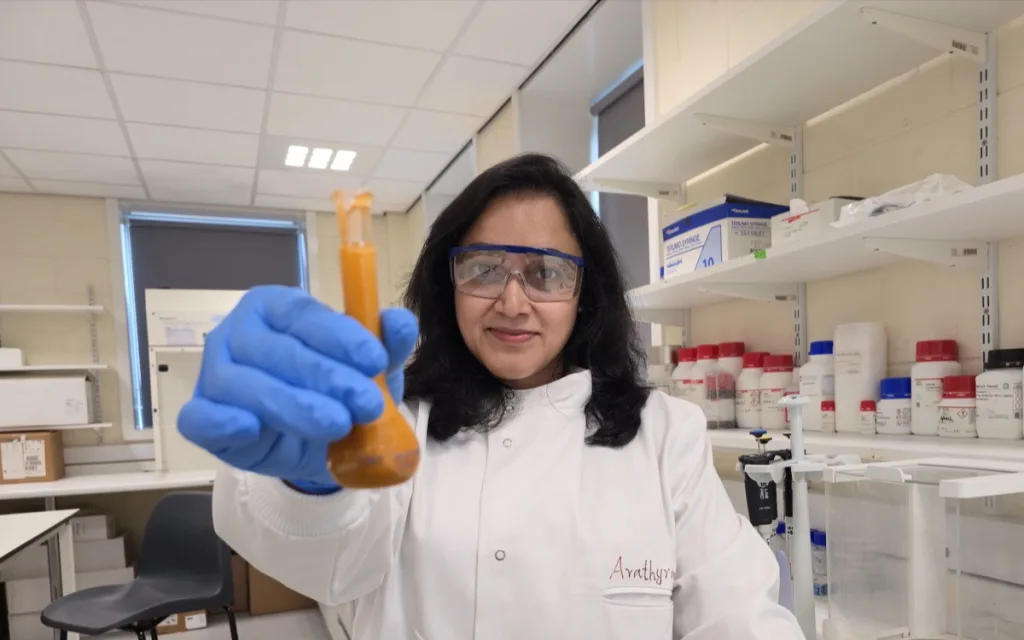
A Bradford academic has been awarded a staggering £2.2 million to develop groundbreaking “batteryless” implants that could heal broken bones and even power pacemakers using nothing more than the body’s natural movement.
Dr Arathyram Ramachandra Kurup Sasikala, an Assistant Professor in Biomedical Engineering at the University of Bradford, is leading the futuristic project thanks to a prestigious UKRI Future Leaders Fellowship.
Over the next four years, she will pioneer a new field known as Piezoelectroceutics, harnessing materials that generate electricity as patients move – effectively turning the human body into its own power source.
The technology promises to revolutionise healthcare by accelerating bone healing, reducing the need for invasive surgery and potentially even restoring memory.
Unlike traditional implants, these self-powered devices won’t rely on wires, drugs or batteries, making them greener, safer and longer-lasting.
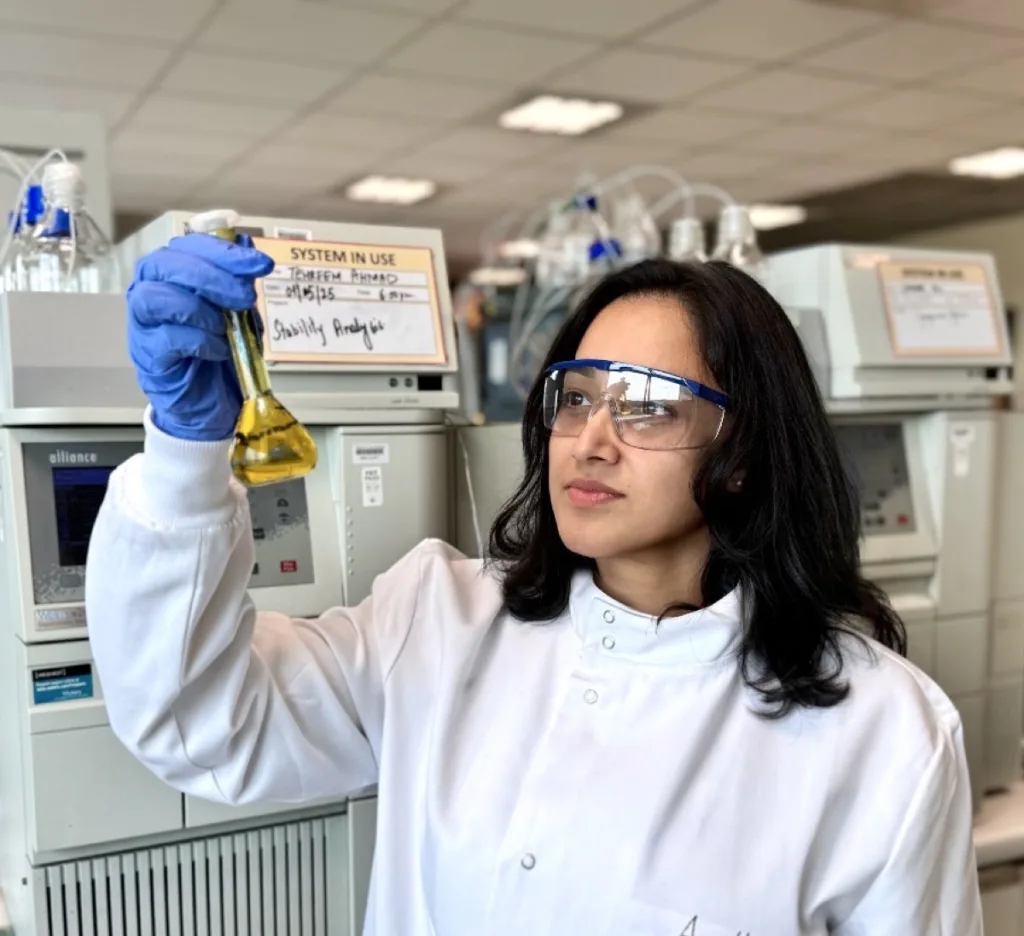
“This is about reimagining how we treat the body,” said Dr Sasikala.
“Smart materials that work with it, not against it. My technology could help patients heal faster, move more freely and avoid the side effects of conventional treatments. It’s a step towards a more sustainable, personalised future for healthcare.”
The breakthrough could also slash NHS costs and carbon emissions by replacing thousands of battery-driven implants with clean, movement-powered alternatives.
Bradford will now host a new research hub dedicated to piezoelectricity, putting the city firmly on the global map for next-generation medical innovation.
Professor Anant Paradkar, Director of the University’s Institute of Health and Social Care, hailed it as “a paradigm shift”. He said: “Piezoelectric biomaterials can stimulate healing, power implants and interact with the body in ways we’ve only imagined. This fellowship places Bradford at the very forefront of regenerative medicine.”
The project brings together collaborators from the Universities of Leeds and Cambridge, UC San Diego and medical manufacturer Summit Medical Ltd, alongside a team of PhD students and research fellows.
Dr Sasikala, recognised as a STEM ambassador and public science communicator, already has an impressive track record. Her previous work includes self-powered stents and nanoparticles designed to target the brain. Winning one of the country’s most competitive research fellowships cements her reputation as one of the UK’s brightest young innovators.
Professor Sherif El-Khamisy, Pro-Vice-Chancellor for Research and Innovation at Bradford, called it “a landmark achievement”, adding: “This is world-class science that will directly improve lives, support the NHS and inspire the next generation of women in healthcare and engineering.”
Dr Sasikala is one of 77 researchers nationwide sharing £120 million through the UKRI Future Leaders Fellowships programme, which supports bold ideas tackling some of society’s toughest challenges – from Alzheimer’s to cancer and climate change.
Frances Burstow, UKRI’s Director of Talent and Skills, said the awards provide the long-term backing needed to “bridge the gap between discovery and real-world impact.”
UKRI chief executive Professor Sir Ian Chapman added: “These fellowships drive excellence and accelerate the journey from laboratory breakthroughs to public benefit.”



